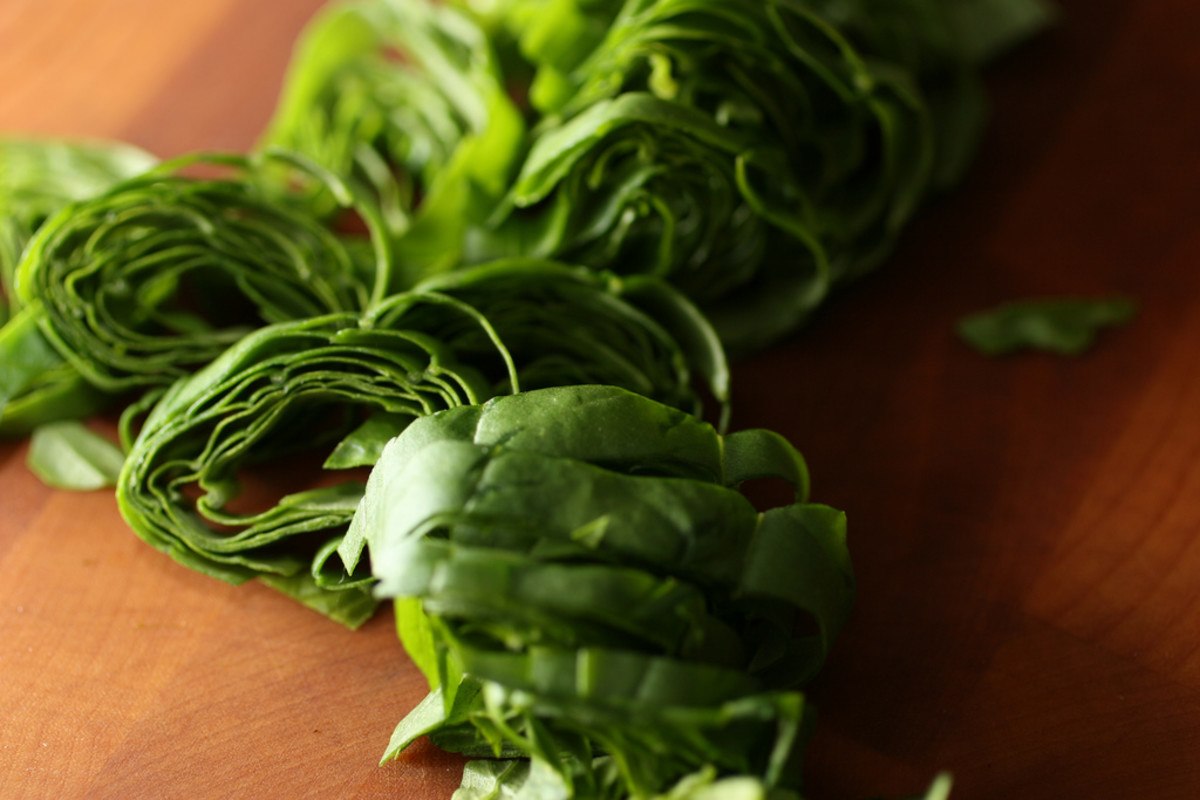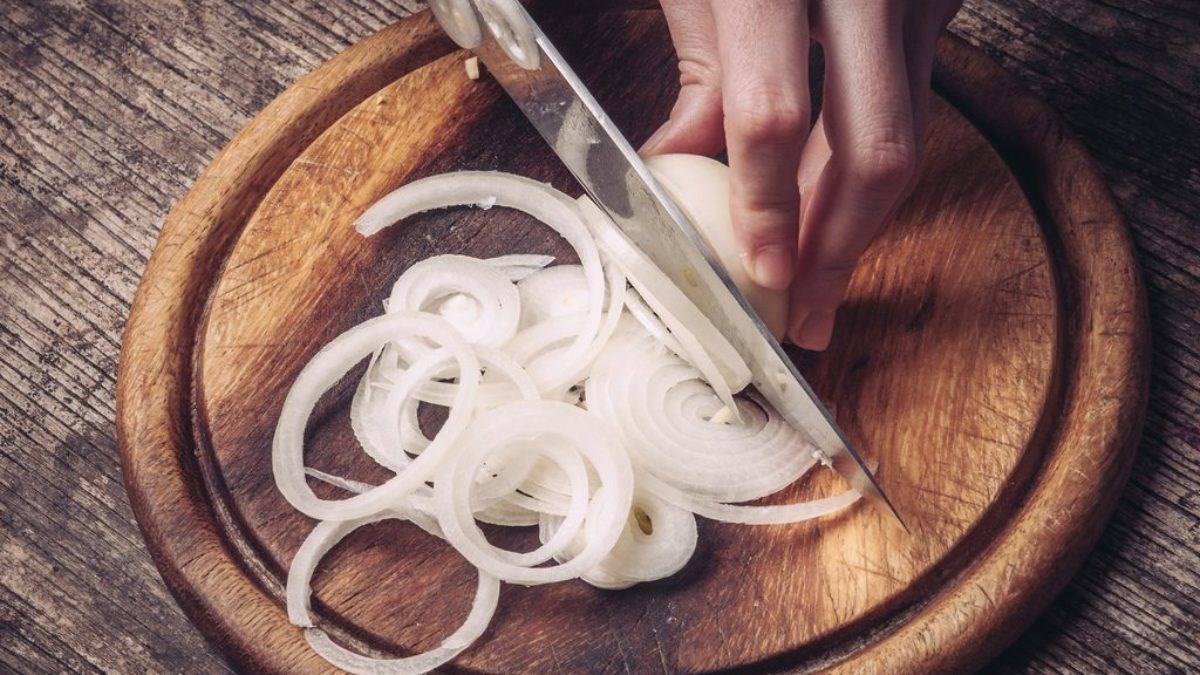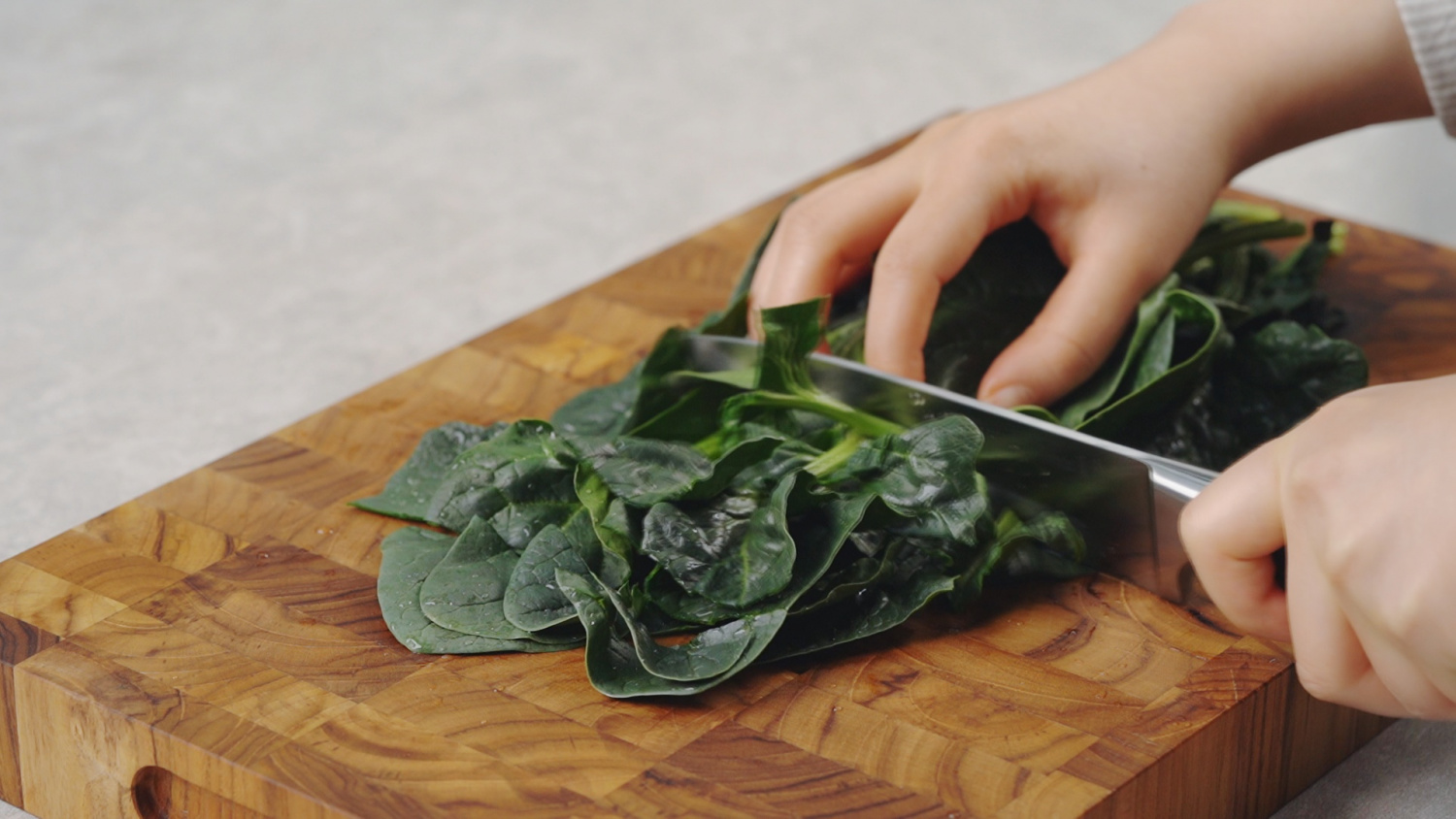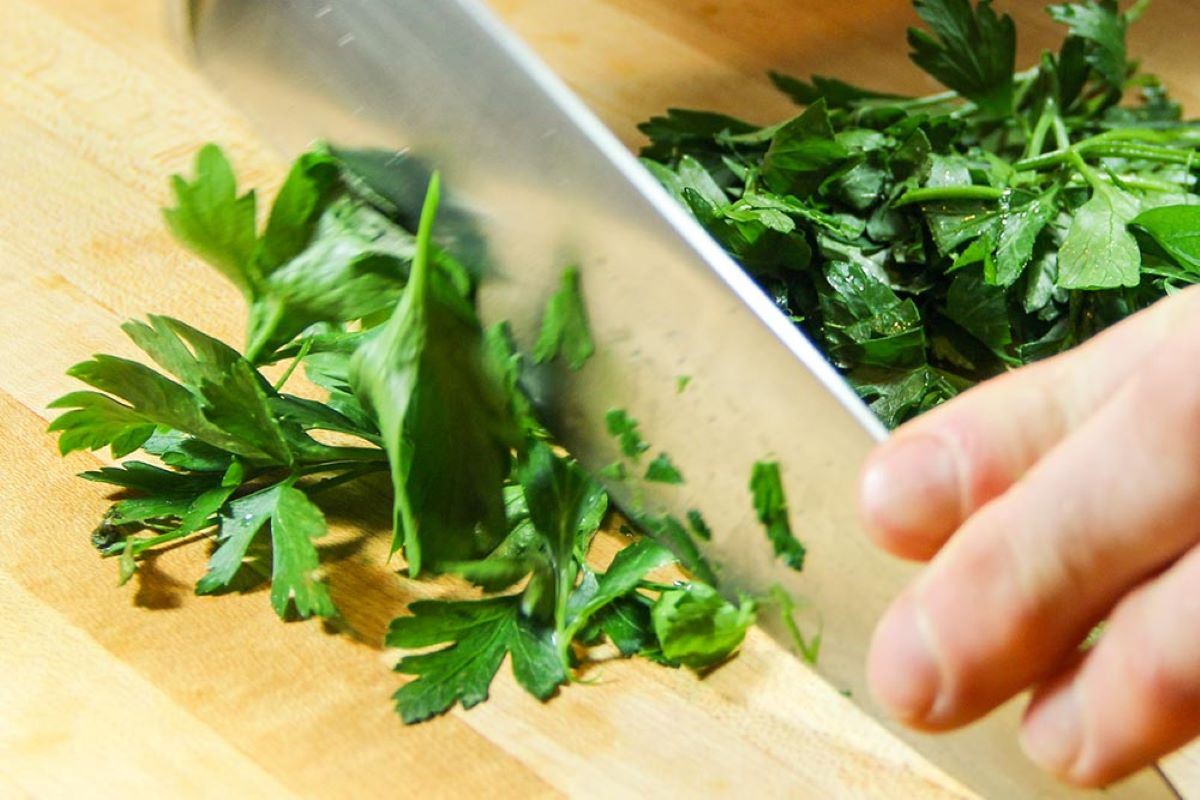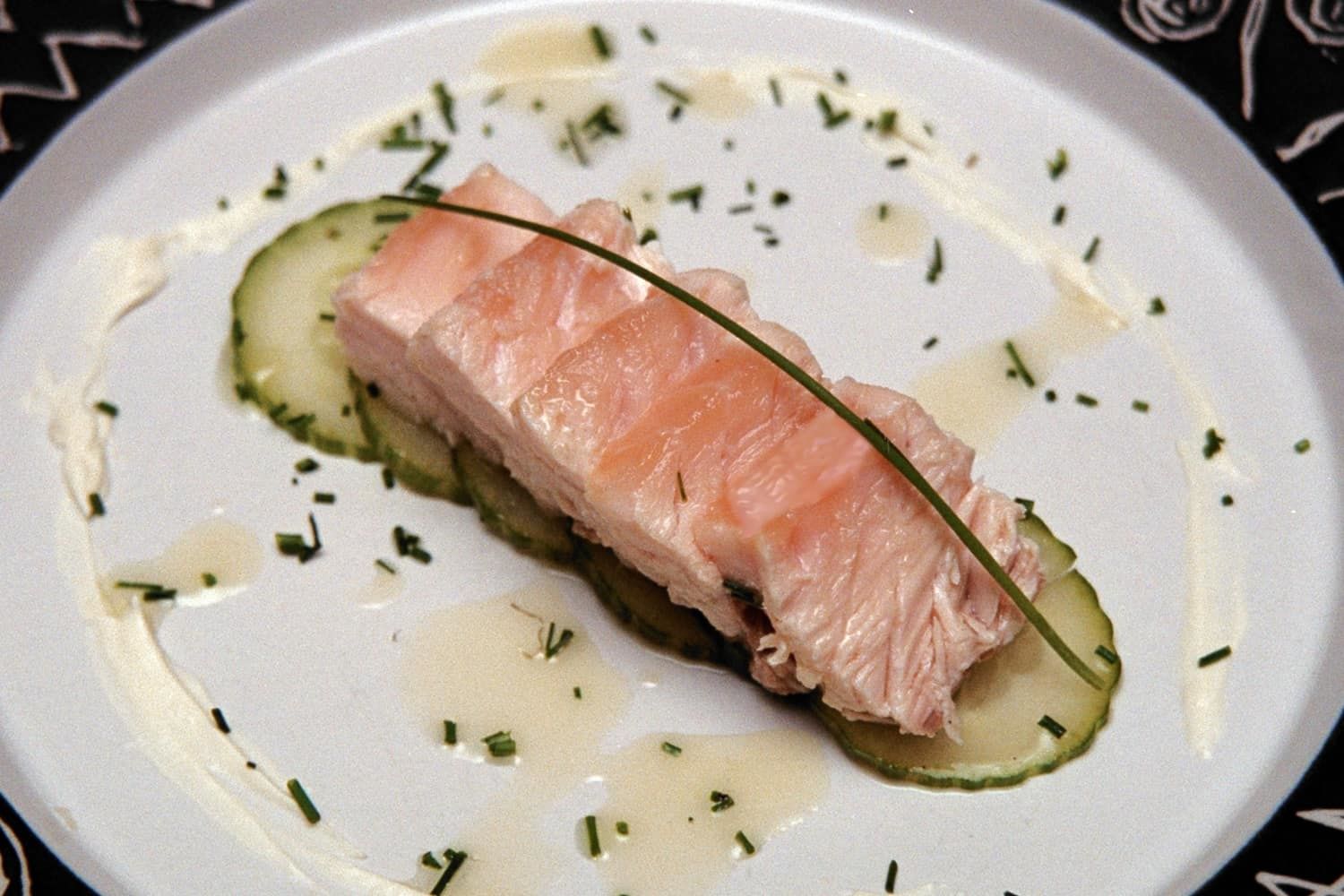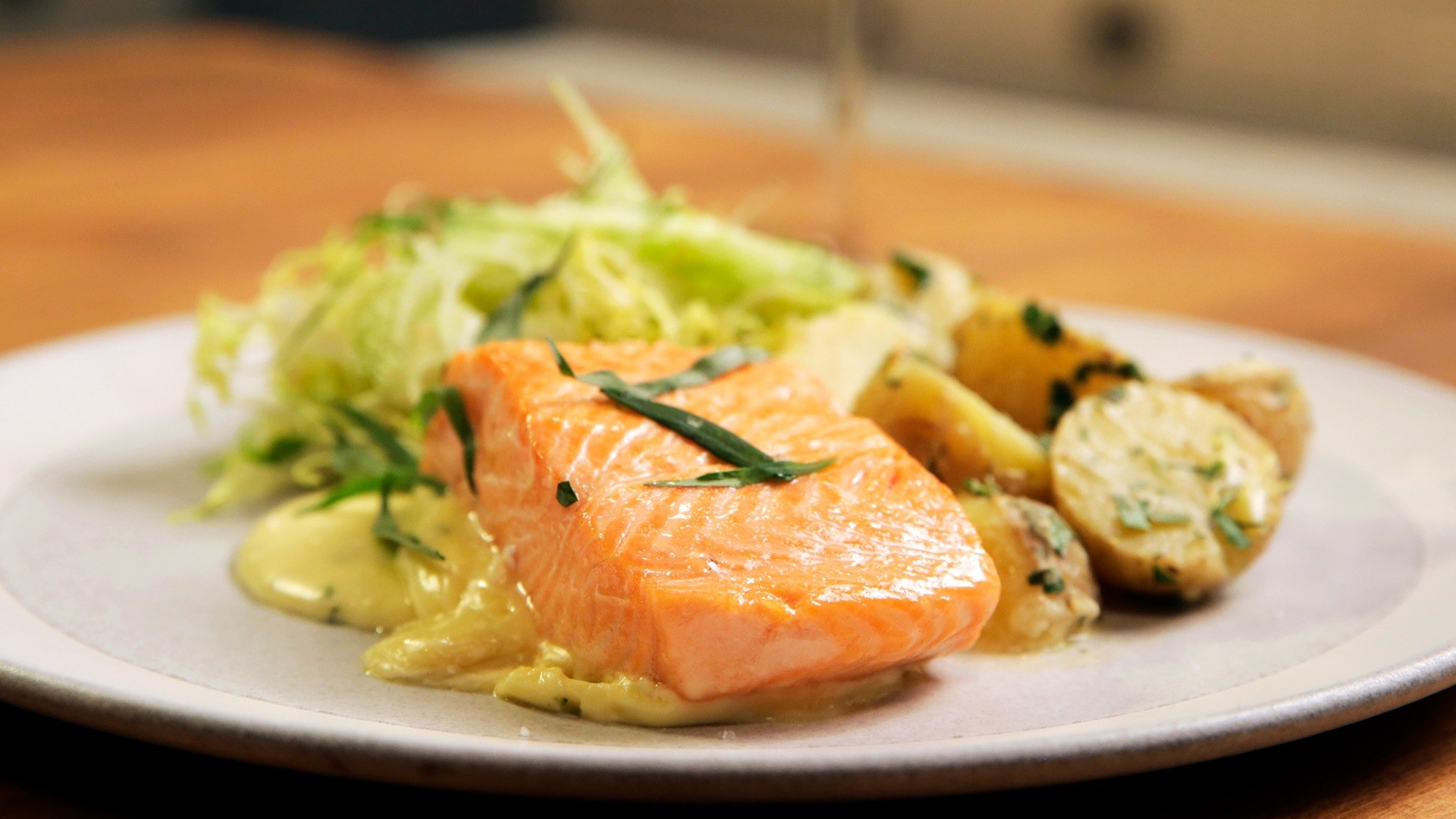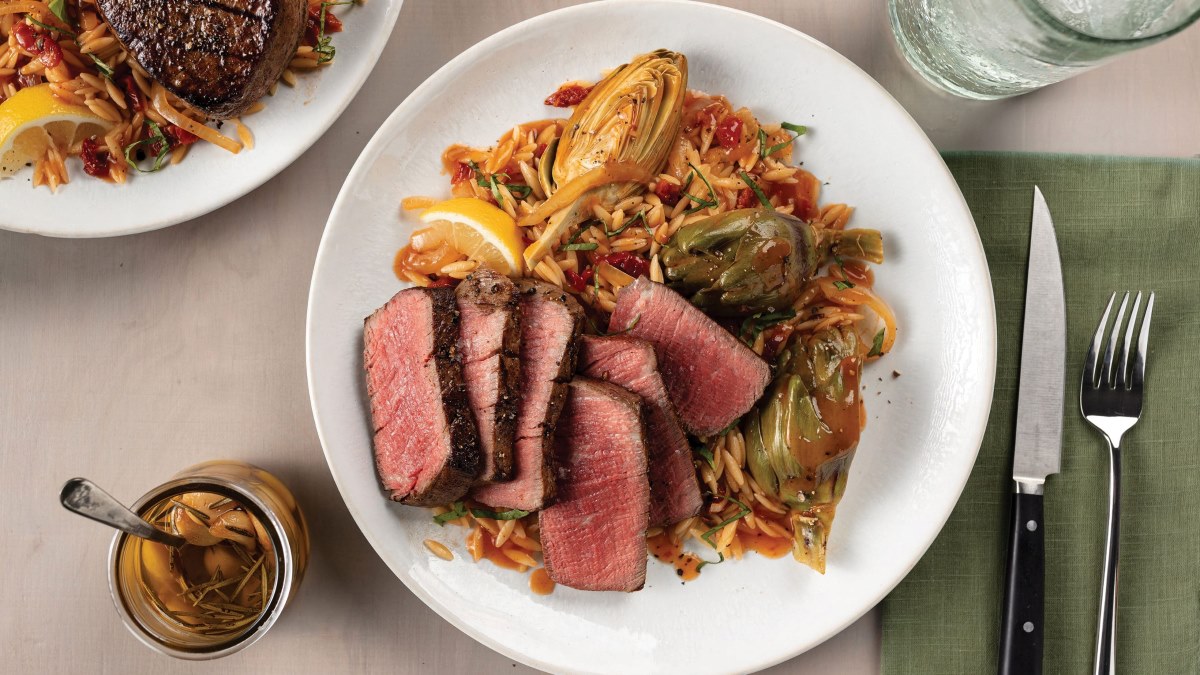Seasoning Meat for Spaghetti Sauce: A Flavorful Guide
Spaghetti sauce is a staple in many households, and one of the key ingredients that can elevate the flavor of your sauce is properly seasoned meat. Whether you’re using ground beef, pork, turkey, or a combination of meats, the right seasonings can take your spaghetti sauce from good to great. Here’s a guide on how to season meat for spaghetti sauce to achieve a delicious and aromatic result.
Choose the Right Meat
Before diving into the seasoning process, it’s essential to start with quality meat. Whether you prefer beef, pork, turkey, or a blend of meats, opt for lean cuts for a healthier option. The meat should be fresh and free from any off-putting odors. Quality meat serves as the foundation for a delicious spaghetti sauce.
Essential Seasonings
When it comes to seasoning meat for spaghetti sauce, a combination of herbs and spices can work wonders. Here are some essential seasonings to consider:
- Garlic: Fresh minced garlic or garlic powder adds a robust and aromatic flavor to the meat.
- Onion: Finely chopped onions or onion powder provides a sweet and savory undertone to the sauce.
- Italian Seasoning: A blend of oregano, basil, thyme, and rosemary can infuse the meat with classic Italian flavors.
- Salt and Pepper: These basic seasonings enhance the overall taste of the meat.
- Red Pepper Flakes: For a hint of heat, red pepper flakes can be added to the meat mixture.
Seasoning Process
Now that you have your essential seasonings, it’s time to season the meat for your spaghetti sauce. Follow these simple steps for a well-seasoned meat base:
- Heat a skillet over medium heat and add a small amount of olive oil.
- Add the ground meat to the skillet and break it apart with a spoon or spatula.
- Sprinkle the desired seasonings over the meat, ensuring even distribution.
- Cook the meat until it’s browned and the seasonings are fragrant.
- Once the meat is fully cooked, taste and adjust the seasonings as needed.
Experiment with Flavors
While the essential seasonings provide a solid foundation, don’t be afraid to get creative and experiment with additional flavors. Consider adding a splash of red wine for depth, a dash of Worcestershire sauce for richness, or a sprinkle of sugar to balance the acidity of the tomatoes. Tailoring the seasonings to your personal taste preferences can result in a uniquely delicious spaghetti sauce.
Simmer for Maximum Flavor
After seasoning the meat and combining it with your tomato sauce, allow the flavors to meld together by simmering the sauce over low heat for at least 30 minutes. This slow cooking process allows the seasonings to infuse the sauce, resulting in a rich and flavorful dish that’s perfect for serving over al dente pasta.
Final Thoughts
Seasoning meat for spaghetti sauce is a simple yet crucial step in creating a delectable Italian-inspired dish. By choosing the right seasonings, experimenting with flavors, and allowing the sauce to simmer, you can achieve a perfectly seasoned spaghetti sauce that’s sure to impress your family and friends.
Next time you’re preparing spaghetti sauce, keep these seasoning tips in mind to take your culinary creations to the next level. With a well-seasoned meat base, your spaghetti sauce will be bursting with flavor and aromas that will have everyone asking for seconds.
Was this page helpful?
Read Next: How To Season Sunflower Seeds



